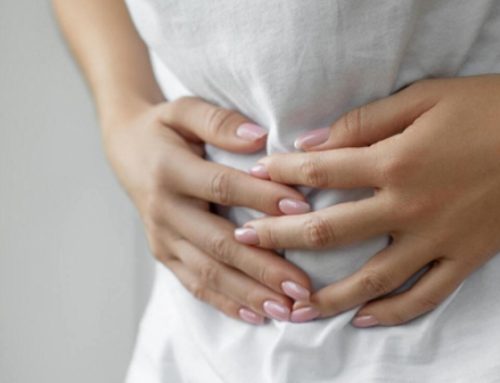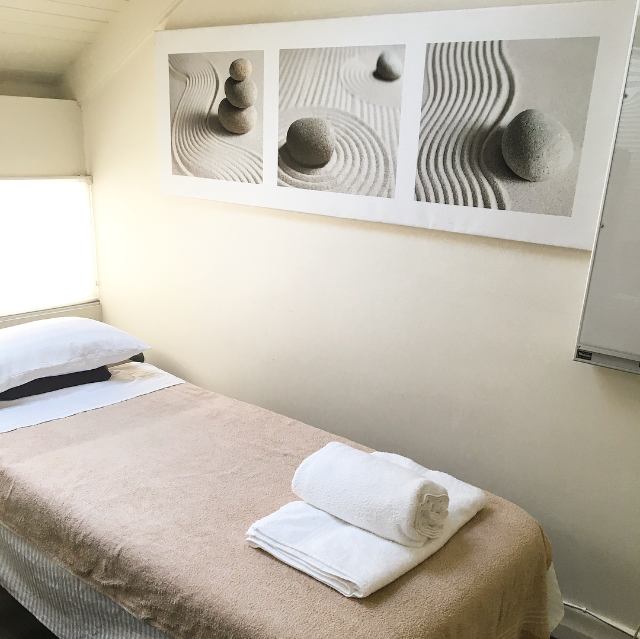Navigating the Pain: Understanding Endometriosis and Its Impact on Women’s Health and how Chinese medicine and Acupuncture help you
Endometriosis is a medical condition that occurs when tissue similar to the lining of the uterus, known as the endometrium, grows outside the uterus. This tissue, called endometrial implants, can develop on various organs within the pelvic cavity, such as the ovaries, fallopian tubes, outer surface of the uterus, and the lining of the pelvic cavity. In some rare cases, endometrial tissue may even spread beyond the pelvic region.
Key features of endometriosis include:
Pain: The most common symptom is pelvic pain, which can range from mild to severe. The pain often intensifies during menstruation.
Menstrual Irregularities: Women with endometriosis may experience irregular menstrual cycles, heavy menstrual bleeding, or spotting between periods.
Painful Intercourse: Pain during or after sexual intercourse, known as dyspareunia, is another common symptom.
Infertility: Endometriosis can contribute to fertility issues. The presence of endometrial tissue outside the uterus can affect the normal functioning of the reproductive organs.
Gastrointestinal Symptoms: In some cases, endometriosis may cause gastrointestinal symptoms such as bloating, constipation, or diarrhea, especially during menstruation.
The exact cause of endometriosis is not fully understood, but several theories suggest that factors such as retrograde menstruation (when menstrual blood flows backward into the pelvic cavity), genetic predisposition, immune system dysfunction, and hormonal influences may play a role.
Diagnosis often involves a combination of medical history assessment, pelvic examinations, imaging studies like ultrasound, and sometimes laparoscopic surgery for a definitive diagnosis by visualizing the endometrial implants.
Management of endometriosis may include pain medications, hormonal therapies (such as birth control pills or GnRH agonists), and in more severe cases, surgical intervention to remove or destroy the endometrial implants. For those experiencing infertility due to endometriosis, assisted reproductive technologies (ART) may be considered.
Endometriosis is a chronic condition that can significantly impact a woman’s quality of life. Effective management often involves a multidisciplinary approach with input from gynecologists, pain specialists, and fertility experts. It’s important for individuals experiencing symptoms of endometriosis to seek medical advice for proper diagnosis and personalized treatment options.
Traditional Chinese Medicine (TCM) approaches the treatment of endometriosis with a comprehensive and individualized strategy based on its diagnostic principles. The general treatment principles and methods include:
Individualized Treatment: TCM emphasizes individualized treatment based on different pathologies and symptoms. Tailored treatment plans are created according to the specific conditions of each patient.
Regulating Qi and Activating Blood Circulation: TCM believes that Qi stagnation and blood stasis are common pathogenic factors in endometriosis. Herbal formulations and Herbs like Tao Ren, Chuan Xiong, and Dan Shen are used to improve blood circulation and resolve stasis.
Warming and Tonifying Kidney Yang: For patients with kidney deficiency, TCM may use herbs such as Du Zhong, Gou Qi Zi, and Niu Xi to tonify kidney yang and enhance kidney function.
Acupuncture Therapy: Acupuncture, a key element in TCM, is employed to stimulate specific acupuncture points like Zu San Li (ST36), Guan Yuan (CV4), and Qi Hai (CV6), aiming to harmonize Qi and blood.
Moxibustion Therapy: Moxibustion involves applying heat to specific points on the body. It is used to warm the meridians, dispel cold, and promote blood circulation.
Chinese Tuina Massage and Cupping Therapy: Tuina massage and cupping can promote blood circulation, alleviate muscle pain, and contribute to improving symptoms.
Dietary Adjustment: TCM recommends avoiding cold and raw foods, and incorporating warm, nourishing foods such as ginger, Gui Yuan (dried longan), and red dates into the diet.
Emotional Regulation: TCM acknowledges the impact of emotions on health. Practices like meditation, relaxation techniques, and emotional balance are considered beneficial.
It’s important to note that the effectiveness of TCM treatment for endometriosis varies from person to person. Before undergoing TCM treatment, individuals are advised to consult experienced TCM practitioners for a detailed diagnosis and personalized treatment plan. TCM treatment is often a holistic and gradual process, and patients should follow the guidance of qualified practitioners.






















Leave A Comment